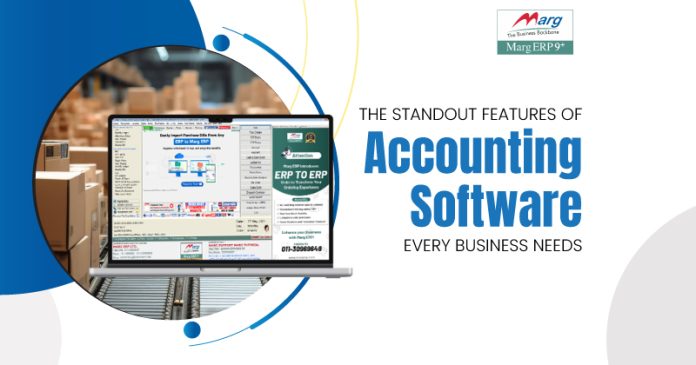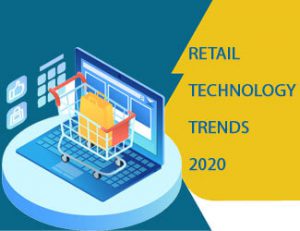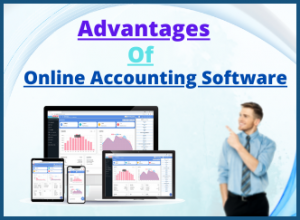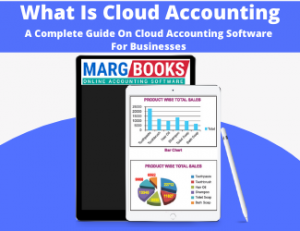Operating a business entity involves pretty challenging exercises in financial management. Whether big or small, a start-up or small business entrepreneur, or a large and growing enterprise, management requires an effective and efficient accounting system. Fortunately, accounting software has eased the financial management process a lot, hence saving precious time and resources for any business firm.
But with so many options available, you are probably thinking, what makes accounting software different? What should you look for to ensure you are getting value for money?
Here, we have analysed the special features of accounting software that will help you smoothen all your financial processes and make errors less likely to occur, thus boosting your business.
Automated Invoicing and Billing
This is one of the most tedious tasks associated with doing business; however, manual invoicing is most definitely frustrating and prone to mistakes. When such happens, clients will not be in a rush to pay their bills, which may end up hurting your cash flow.
What accounting software does is automate the entire invoicing process. You can create professional-looking invoices from templates, customize them, and then set up repeating ones for regular clients, which then get emailed out automatically. It will then keep track of which ones have been paid for and which are outstanding, saving you a lot of hassle chasing up people.
Expense Tracking and Management
Keeping tabs on expenses is an essential act in understanding one’s business health. On the flip side, manually recording and categorizing all expenses may become stressful for you in the case that you deal with lots of receipts and bills.
Accounting software is your centralized system for tracking all your expenses. You are able to categorize your expenses, attach receipts, and even link the software to your bank in order to import transactions automatically. This will show, in real time, where your money is going and make it much easier to identify ways you can cut costs or re-allocate resources to more productive areas.
Financial Reporting and Analytics
Knowing your financial position in your business gives you better information to make decisions. Traditional methods of accounting involve so much manual work while compiling financial reports, which can be very time-consuming and riddled with mistakes.
Modern accounting applications have immense reporting and analytics capabilities. You can generate practically any report you may want—profit and loss statements, balance sheets, and cash flow statements—with just a few clicks. Some of them even offer customized dashboards that enable you to have an all-in-one view of your key financial metrics.
Bank Reconciliation
Bank statement reconciliation might be a nightmare for you; it is, however, one of the important processes that help in keeping your records accurate. This process ensures that your records and bank records match and are correct by comparing accounting records to bank statements.
The accounting software will import your bank transactions for you automatically and match them with your internal record. This automation reduces the risk of errors, saves time, and ensures books are always up to date. Moreover, some software tools remind you of discrepancies so you can fix issues before they get big.
Tax Management
Tax compliance is one of those areas that is both complex and very important for any business. It involves understanding all the different regulations that apply to your business, filing returns, and making sure you take advantage of every eligible deduction—often in a specific manner that, without training as a tax professional, can be daunting.
Most accounting software includes an inbuilt tax management feature that can help automate the tax calculation based on your location, income, and expenses. It can generate tax-compliant invoices, track the sale of tax-over transactions, and help in preparing and filing returns.
Payroll Management
For businesses that have employees, payroll management can be quite tedious and may cause you a lot of stress. Calculating individual wages, deducting taxes, and conforming to labour laws may become overwhelming, especially as your team grows.
It may be that some integrations can be automated using accounting software that is embedded with payroll management. Create employee profiles, define pay structures, and handle all the payroll calculations for taxes, benefits, and deductions. The software also prints payslips, handles direct deposits, and keeps you in compliance with government regulations.
Integration with Other Business Tools
No business software exists in a vacuum. For getting the fullest from your accounting software, it should integrate with other tools you use, such as CRM systems, e-commerce portals, project management software, and online payment gateways.
Integration makes it easy to have data flow freely among systems, reducing most of the typical effects associated with manual data entry, such as various human errors. For example, if you integrate your accounting software with an e-commerce platform, the sales data will automatically set in your system, the inventory accordingly managed, and the settlements of customers’ payments easily managed without wasting too much of your precious time.
Having all of your business tools integrated means operational efficiency, a single view of your business, and better decision-making.
Multi-currency and Multi-Language Support
The most important characteristic of such accounting software, for an internationally operating business or one that plans to expand, is support for multi-currency and multi-language. Multi-currency accounting software features allow any type of transaction under a business in various currencies, automatic conversions based on current real-time exchange rates, and maintaining books of accounts as per international accounting standards.
Multilanguage support means you can work in your native language, or you can give access to team members or clients in different languages to make collaboration easier and communication more effective.
Mobile Access
Being able to manage your finances while on-the-go is the difference it can make when living a life in today’s times. And this is where most accounting software solutions offer mobile apps that enable users to execute most of their tasks—from preparing invoices, tracking expenses, and creating reports—on their smartphone or tablet. Mobile access will enable you to keep track of your business’s finances, approve payments, send invoices, and keep track of your cash flow anywhere and at any time.
Security
All financial data is sensitive, and much attention has to be paid to its security. Accounting software providers know about that; that’s why the majority of them provide quite a big bunch of advanced security features: data encryption, multi-factor authentication, and regular backups. Good security and backup features in accounting software give you peace of mind concerning the security of your data.
User-Friendly Interface and Customization
No matter how functionally powerful an accounting tool is, it should be friendly and easy to use. Thanks to a user-friendly interface, intuitive navigation allows the opportunity to learn how to use this software without hours of training.
Conclusion and Suggestion
Accounting software will offer you everything from mere invoice automation and expense tracking to real-time financial reporting and tax compliance. The right software can save time, cut errors, and improve business decisions.
When looking for any accounting software, observe with keen eyes on feature distinctions in areas like automatic invoicing, tracking of expenses, tax management, payroll integration, and security of data. And you will find all these qualities in Marg ERP, India’s no.1 accounting software.
After leading the market for 30 years, Marg ERP can be called the pioneer of billing software. With 70% market share of the pharmaceutical and FMCG industries in their grip, Marg keeps bringing revolutionary changes to the industry. Marg ERP is known to keep up with the trend; they introduce features while keeping the changes happening in the market in mind, and that is why the users are attracted to their software like a moth to a flame. You name any feature, and they have it: easy billing, GST billing, inventory management, purchase and sale claims, and many more wide ranges of features.
Read More:-
- GST Compliant Accounting Software – Retail Technology Trends 2020Article Content: Why Indian Businesses Require GST Compliant Accounting Software? GST Adherence Easy Return Filing Regular updates to comply with changes in GST rules Invoice Generation Streamlined Accounting Processes Security & Access How Technology is… Read more: GST Compliant Accounting Software – Retail Technology Trends 2020
- Online Accounting Software Advantages & Benefits For Any BusinessArticle Content Various Advantages of Using Online Accounting Software 1. Automate Process & Saves Time 2. Accessible 24*7 On The Go 3. Nominal Subscription Making it Worthy for Trial 4. Updated Data Everywhere With 0%… Read more: Online Accounting Software Advantages & Benefits For Any Business
- What is Cloud Accounting – How Cloud Accounting Software Help BusinessesArticle Content Introduction What is Cloud Accounting Software? What Were The Drawbacks of Traditional Accounting Software? How Cloud Accounting Software Facilitated Businesses? What Extra This Cloud Accounting Software Offers? Is Cloud-Based Accounting A Safe Option?… Read more: What is Cloud Accounting – How Cloud Accounting Software Help Businesses























